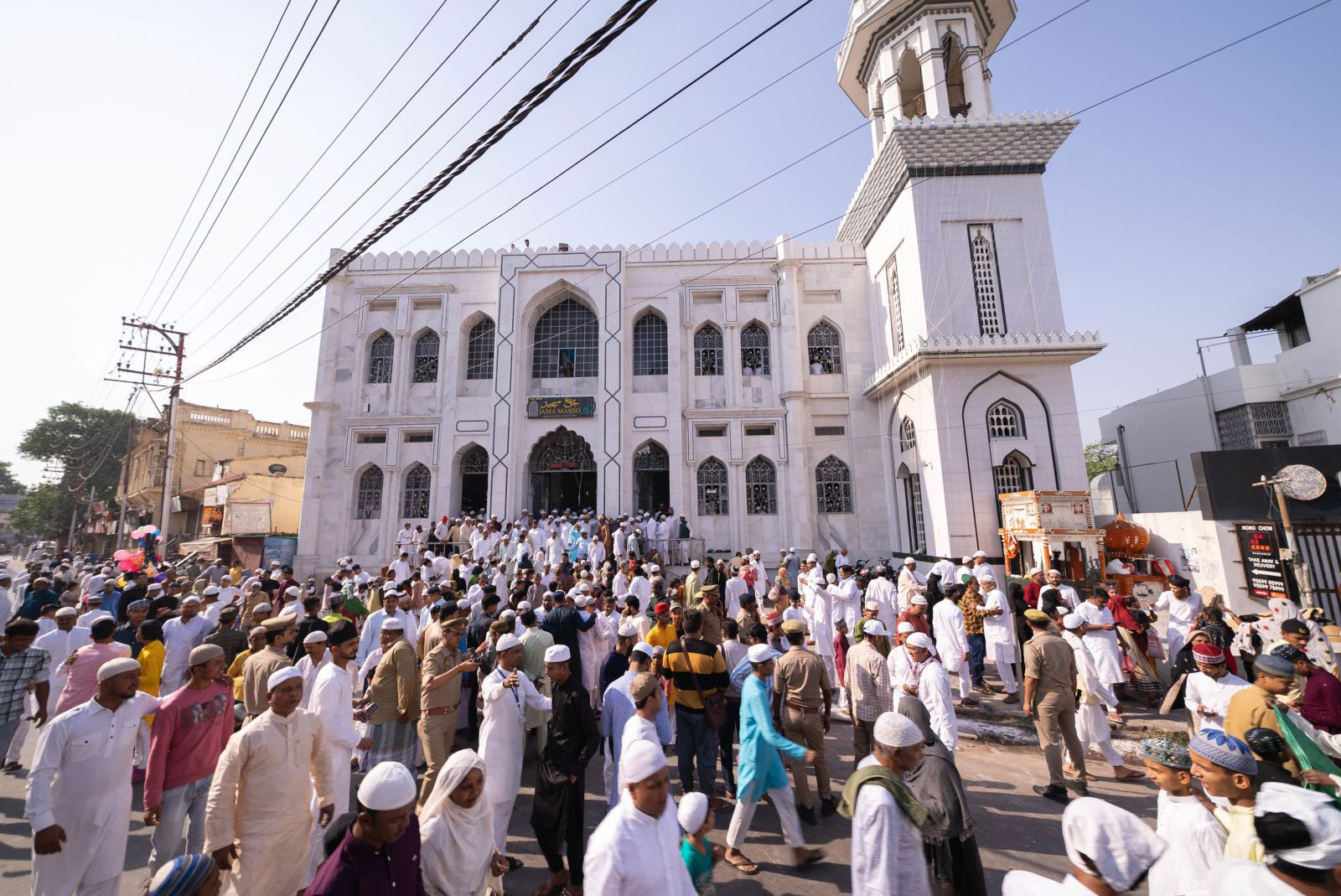


Varanasi, an ancient city of temples and gods, is India’s spiritual capital. It’s also Prime Minister Narendra Modi’s political stronghold, and where tensions between the two faiths are escalating.
When Modi chose this holy city as his constituency a decade ago, it was the perfect setting for him to meld his party’s political and religious ambitions. Having risen to power on a promise of development and anti-corruption, his Bharatiya Janata Party (BJP) now stands accused of turning India — a nation constitutionally bound to secularism — into a Hindu rashtra, or homeland.
Vying for a rare third term in power, he is defending his seat in the traffic-clogged, diverse city of some 1.7 million people. Yet, 10 years after his ascension, many of Varanasi’s Muslims feel neglected, even betrayed.

Local Muslim leader Syed Mohammad Yaseen, 78, feels the government is failing to protect his community, which he says is feeling increasingly vulnerable and fearful of hate crimes in today’s India.
“The worst will happen (if Modi gets reelected),” he said. “We are tolerating these things, maybe one day there can be change. But we are hopeless.”
Modi’s BJP has its roots in the Rashtriya Swayamsevak Sangh, a right-wing paramilitary organization that advocates Hindu supremacy within India — though the party has repeatedly said it does not discriminate against minorities.
In Modi’s decade in power, religious polarization has increased.
Hindu nationalists have been appointed to top positions in key government institutions, giving them the power to make sweeping changes to legislation that rights groups say unfairly target Muslims. Textbooks have been rewritten to downplay the history of India’s ancient Islamic rulers, cities and streets with Mughal-era names renamed and Muslim properties have been demolished.
In 2019, Modi’s administration passed a controversial citizenship law that excludes Muslim migrants, giving rise to deadly riots.
Multiple human rights organizations, including Human Rights Watch, Amnesty International and the International Federation for Human Rights have warned of continued discrimination against religious minorities, particularly Muslims, over the past decade, and have repeatedly called on authorities to end it.